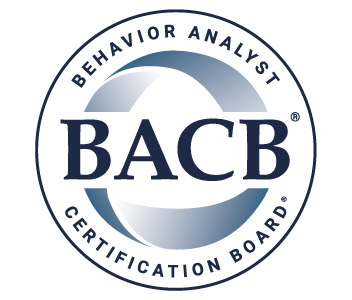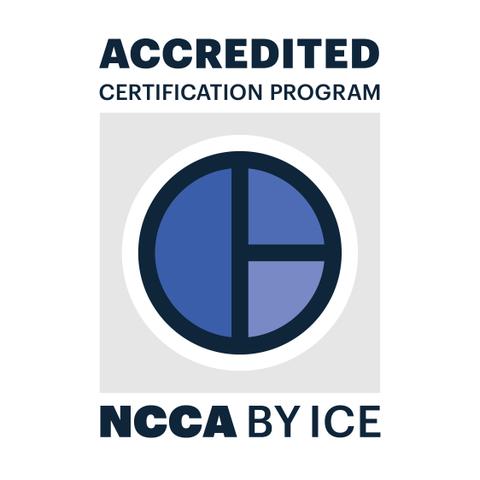The Behavior Analyst Certification Board, Inc.® (BACB®) has been the leader in behavior analyst certification for over two decades. The BACB is a nonprofit corporation that was established in 1998 to meet professional certification needs identified by behavior analysts, governments, and consumers of behavior-analytic services. The BACB’s mission is to protect consumers of behavior-analytic services by systematically establishing, promoting, and disseminating professional standards.
Accreditation
The BCBA®, BCaBA®, and RBT® certification programs are accredited by the National Commission for Certifying Agencies (NCCA), the accreditation body of the Institute for Credentialing Excellence (ICE). NCCA’s Standards for the Accreditation of Certification Programs were the first standards developed for professional certification programs to help ensure the health, welfare, and safety of the public. NCCA standards articulate the essential elements of a high-quality certification program. Consistent with these standards, the BACB’s certification requirements, examination content, and procedures undergo regular review by subject matter experts in the discipline. To learn more about accreditation, see ICE’s video, Value of Accreditation: Why it Matters.
Role in the Profession
In the profession of applied behavior analysis, the BACB’s primary role is to operate certification programs, which involves responsibilities similar to regulatory boards. In this role, the BACB establishes practice standards, administers examinations, and provides ethics requirements and a disciplinary system for each of its certification programs. Due to the BACB’s 501(c)(3) tax-exempt status, regulatory-like function, and NCCA accreditation, certain activities are limited, such as engaging in political activity. To learn more about our role and limitations, read our blog post, The BACB: What it is, What it Does, and Why, and listen to The BACB’s Role in the Profession of Behavior Analysis on our Inside the BACB podcast.

